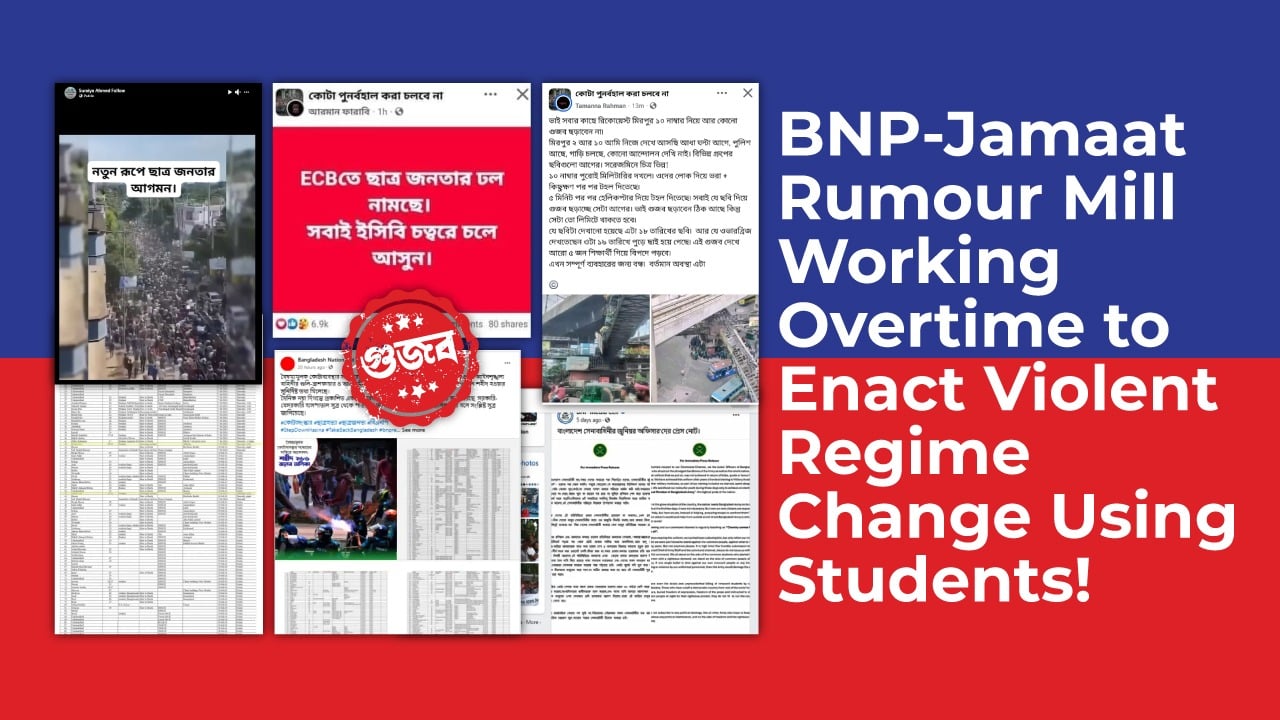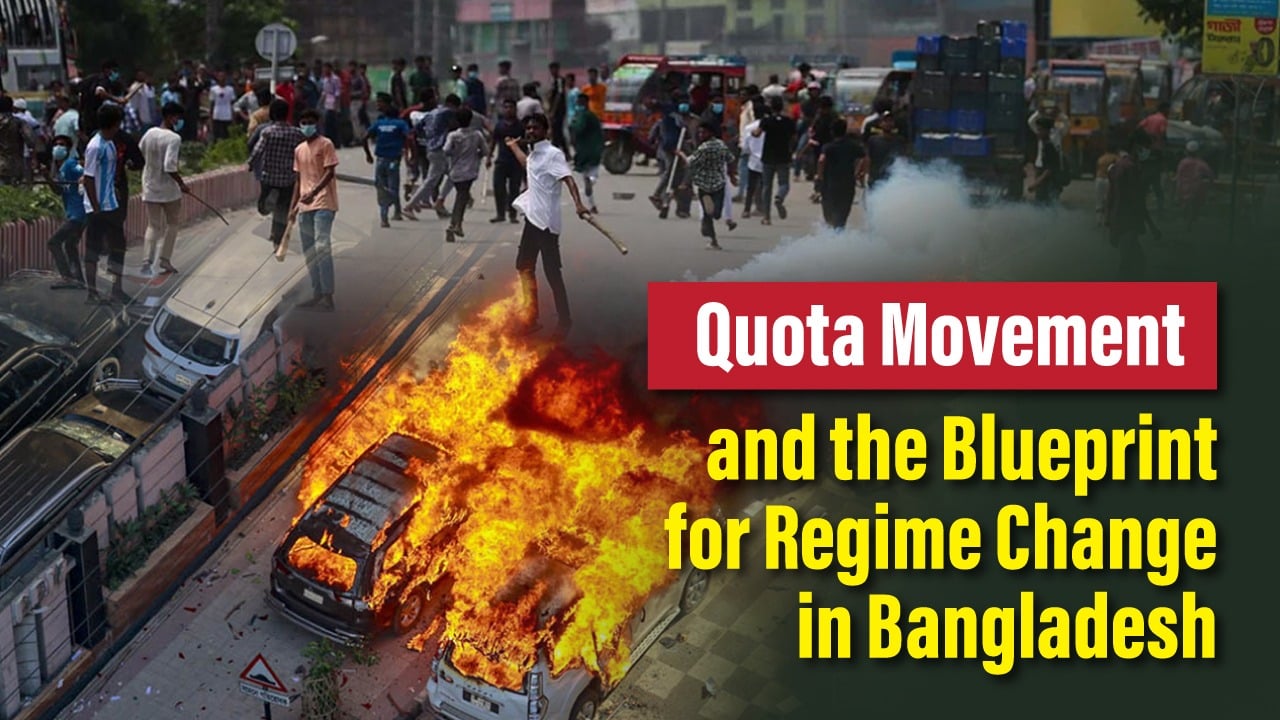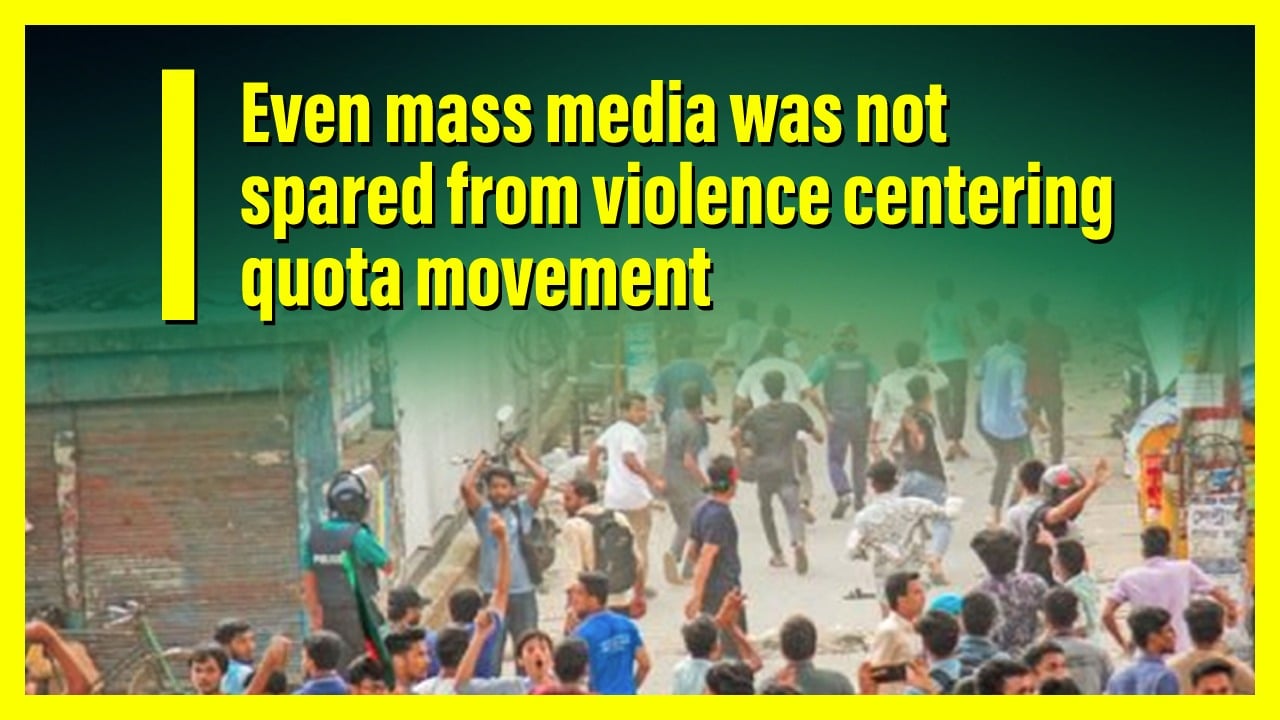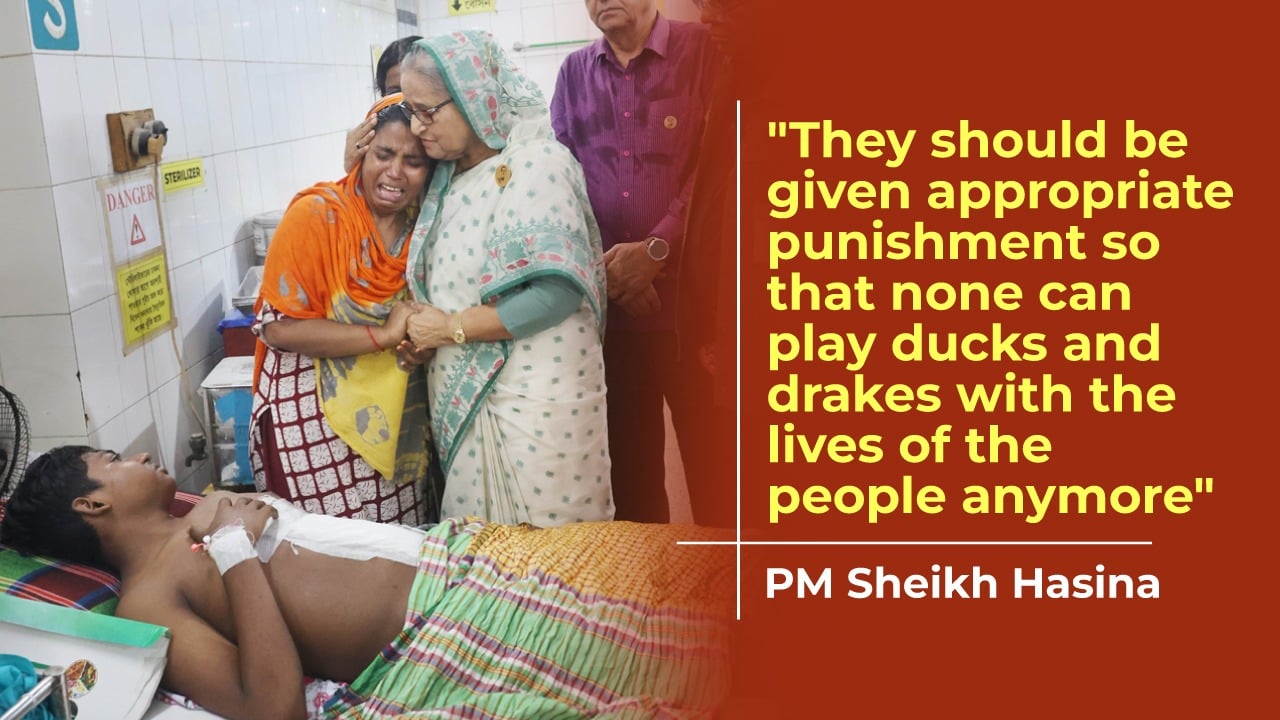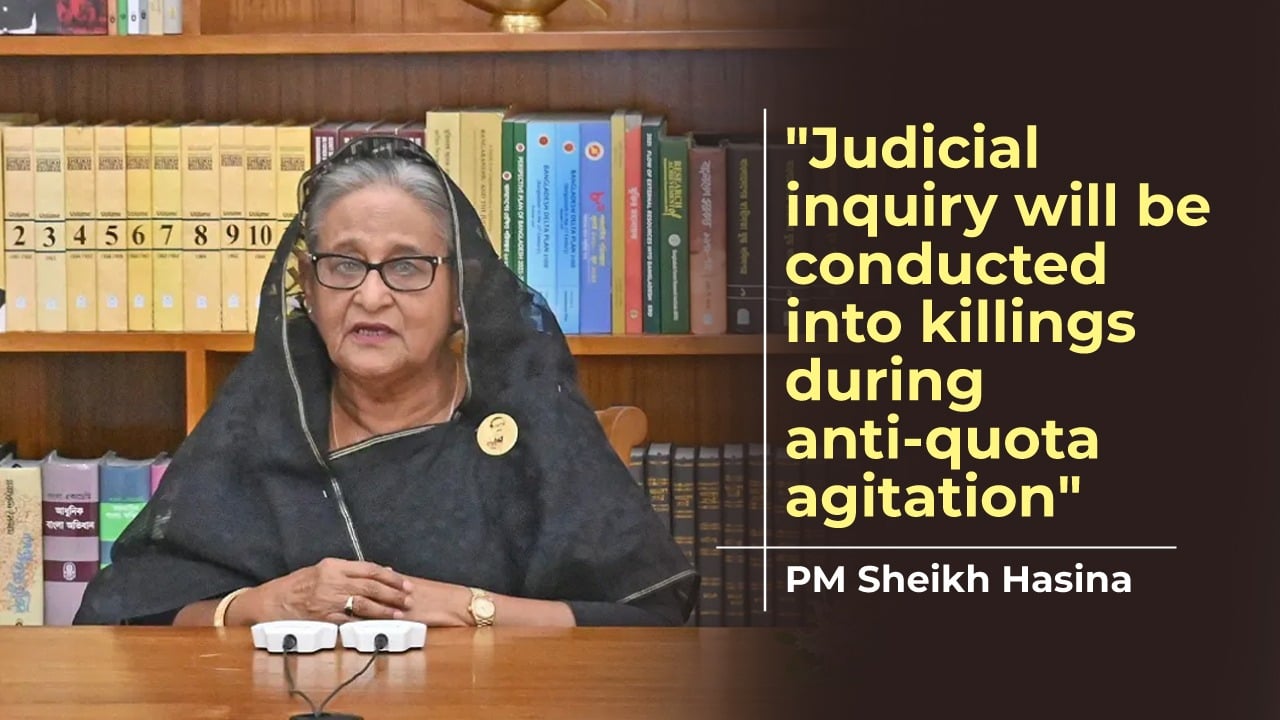3511
Published on August 15, 2020Dr Munaz Ahmed Noor:
15th August, the saddest day in national history. The assassination of the Father of the Nation Bangabandhu Sheikh Mujibur Rahman, in which not only Bangabandhu but most members of his family and close relatives including women and children were killed, is a singularly dark episode, very distinct from the uprisings and killings which have often marred human history.
The killing was not an ordinary incident. The shamelessness of this crime was evidenced from the fact that the killers had the audacity to flaunt their murderous record in the media like proud credentials and parade that before the international audience. It appeared that they were not content to eliminate some individuals but to make a mockery of all morality and ethics and, of course, to erase as completely as possible the ideals and values of the liberation war. On that day, they tried to annihilate Bangladesh, Bengali nationhood and the ideals of Bangabandhu. In doing so, the defeated force of the liberation war had shown the audacity to bring back the old ways of Pakistan days.
Bangabandhu had never thought that Bangalees, whom he loved more than his life, could hatch such a conspiracy to kill him. Not only Bangabandhu but also 20 members of his family, including Bangamata Sheikh Fajilatunnesa Mujib and little Sheikh Russel were brutally killed in his Dhamandi-32 residence. Moreover, to give impunity to the perpetrators of this most heinous crime in the world, a shameful ordinance called the Indemnity Ordinance had been enacted.
The heinous crime marks the beginning of a black chapter in our national history. There is no iota of doubt in anyone’s mind about it. Just nine days after the assassination, on 24 August 1975, Ziaur Rahman was made Chief of Army Staff. The Indemnity Ordinance which was issued on 26 September 1975 by Mushtaq was validated during the rule of Ziaur Rahman. Because, if Zia had no intention to help murders of 15 August to go scot-free, he could have taken legal action against them after the withdrawal of martial law on 9 April 1979. But he refrained from taking action and also made arrangements so that no one could take action in future. With that purpose, he spread a propaganda that since it has become part of the constitution, it cannot be changed.
After the death of Zia, Justice Abdus Sattar, HM Ershad and Khaleda Zia came to power, but when it came to repealing the Indemnity Ordinance, every one of them resorted to the same old excuse as propagated by Zia. As a result, the murderers had the temerity to openly talk about their involvement in the 15 August killings and could take any initiative to bring them to justice. It was not only shocking but also shameful for Bangladesh.
And yet, as if the Indemnity Ordinance had not demeaned the prestige of the nation sufficiently, after usurping power Zia further awarded the killers and abettors with prestigious diplomatic postings in Bangladesh missions abroad.
To investigate the assassination of Bangabandhu Sheikh Mujibur Rahman, an independent Commission of Inquiry was formed in the United Kingdom. Although members of the commission were barred from coming to Bangladesh by Zia government, the commission published a preliminary report on 20 March 1982.
Earlier on 18 September 1980, the commission members held a meeting and decided to investigate the crime that took place in Bangladesh. They had also decided to visit Bangladesh for a proper investigation and sought help from the Bangladesh Embassy in London. In January 1981, the commission applied for visa to visit Bangladesh, but to no avail. The members of the commission were not given visa and therefore there planned Bangladesh visit didn't take place. The Bangladesh Embassy in London neither informed them about why they were not given visa nor received a couple of letters sent in this regard.
The commission said in its report that the legal and judicial process in the case of Bangabandhu's assassination was not allowed to proceed in its own course. And the Zia government is responsible for this. The independent commission of inquiry called on the Bangladesh government to remove obstacles in the way of justice, but it did not listen.
The report titled ‘Sheikh Mujib Murder Inquiry: Preliminary Report of the Commission of Inquiry’ was published from London in the form of a pamphlet. Its preface was written by Sheikh Hasina, daughter of Bangabandhu, who is now the Prime Minister of Bangladesh. As a show of confidence on the members of the UK-based commission, she wrote: “Their names guarantee that their investigations would have upheld the highest standards of justice.”
Finally, it took 21 years and her daughter Sheikh Hasina to come to power to pave the way for justice. The report of a committee formed after the Awami League government came to power in 1996 to examine the legal aspects to repeal of the Indemnity Ordinance, headed by Law Ministry Secretary Amin Ullah, revealed that there was no need to amend the constitution to repeal the infamous law.
Under the astute leadership of Sheikh Hasina, the daughter of Bangabandhu, the culture of impunity has ended. Had Sheikh Hasina wanted, she could have tried the murderers of the Father of the Nation in a speedy trial tribunal. But she did not do so. She entrusted her confidence in the country's justice system by starting the trial in 1997 on a regular bench of the court. After prolonged legal procedures, the Appellate Division of the Supreme Court on 19 November 2009, upheld the death penalty of 12 convicted killers.
Sheikh Hasina followed the same procedures in the trials of war criminals of 1971 and killers of four national leaders. Her main purpose was to build public confidence in the judiciary. In the process, apart from ending the culture of impunity, she also immensely contributed to strengthening the judiciary of the country. Besides, the judiciary has been separated from the executive.
As a nation, today, we can breathe a sigh of relief as the killers' intention to snuff out the freedom of Bangladesh was not realised, and the culture of impunity was brought to an end. Despite all odds, Sheikh Hasina managed to uphold the cause of liberation. The conspirators and killers were tried and sentenced to death in the due process of law, and the sentence was carried out in respect of six of them while the hunt is on for the rest of the convicts running fugitive from the law. Thus, Sheikh Hasina's visionary leadership in protecting the freedom and keep the spirit of liberation war alive proved too much for the cohorts of misdirected and criminally disposed persons.
Overall, in line with the people's expectation, Prime Minister Sheikh Hasina has brought an end to the culture of impunity in Bangladesh and established the rule of law.
Long live the visionary! Long live her vision!
Writer: Vice-chancellor, Bangabandhu Sheikh Mujibur Rahman Digital University, Bangladesh
Courtesy: BD News
